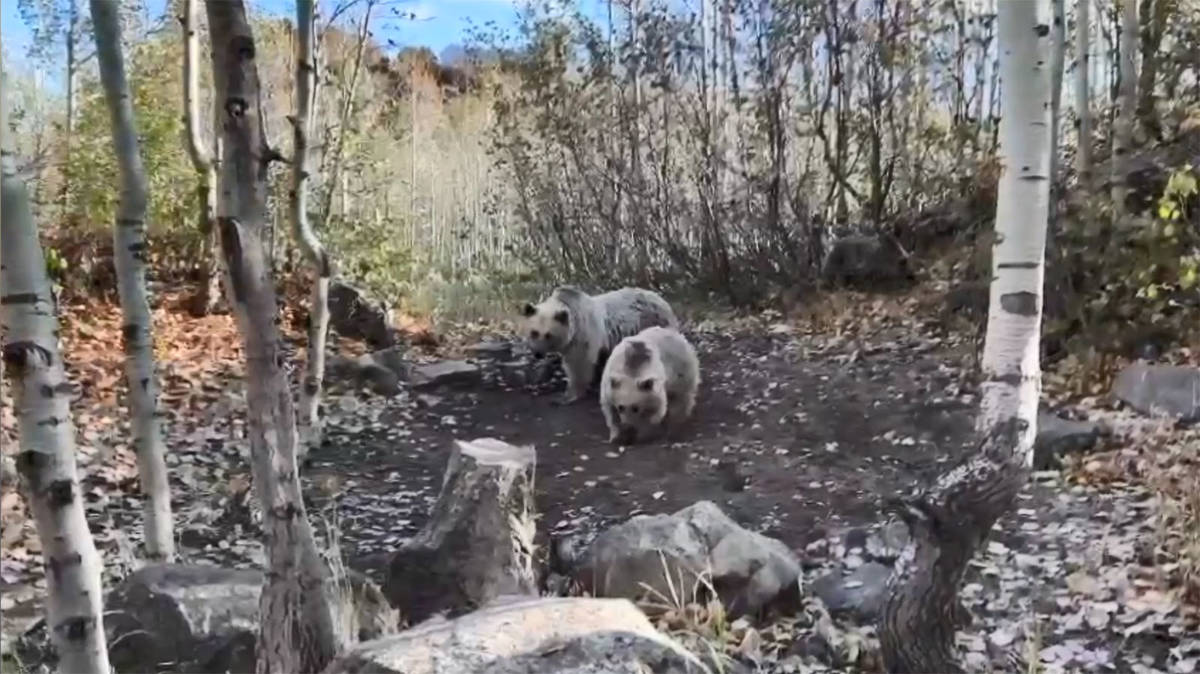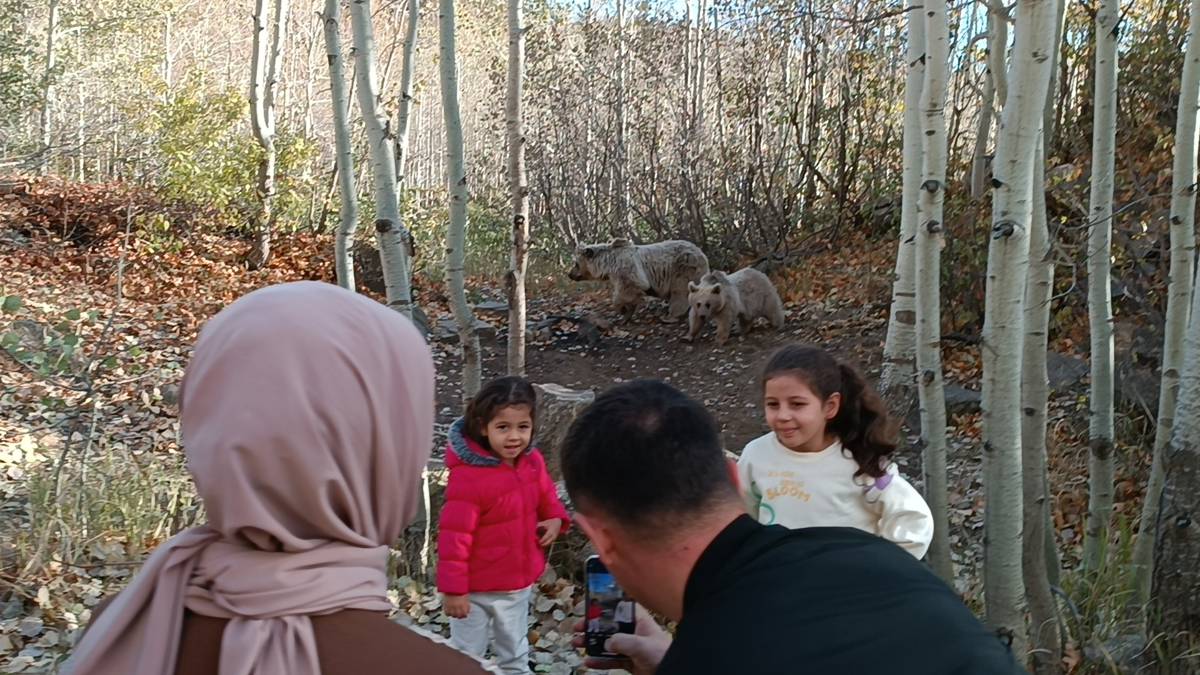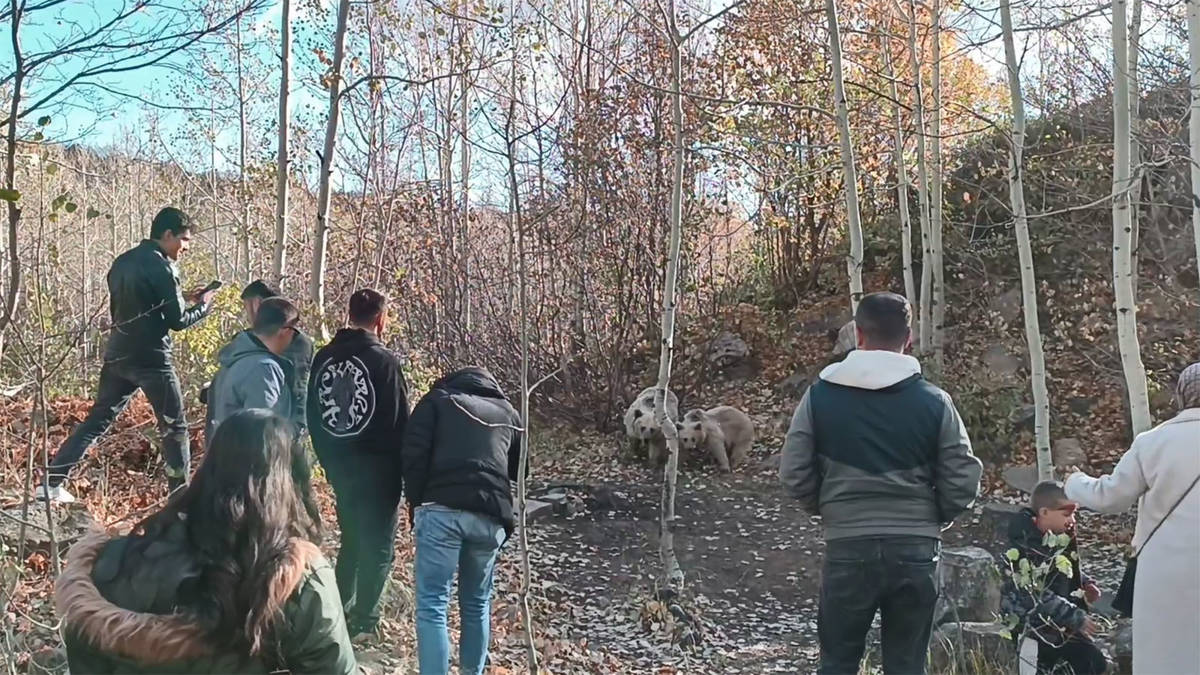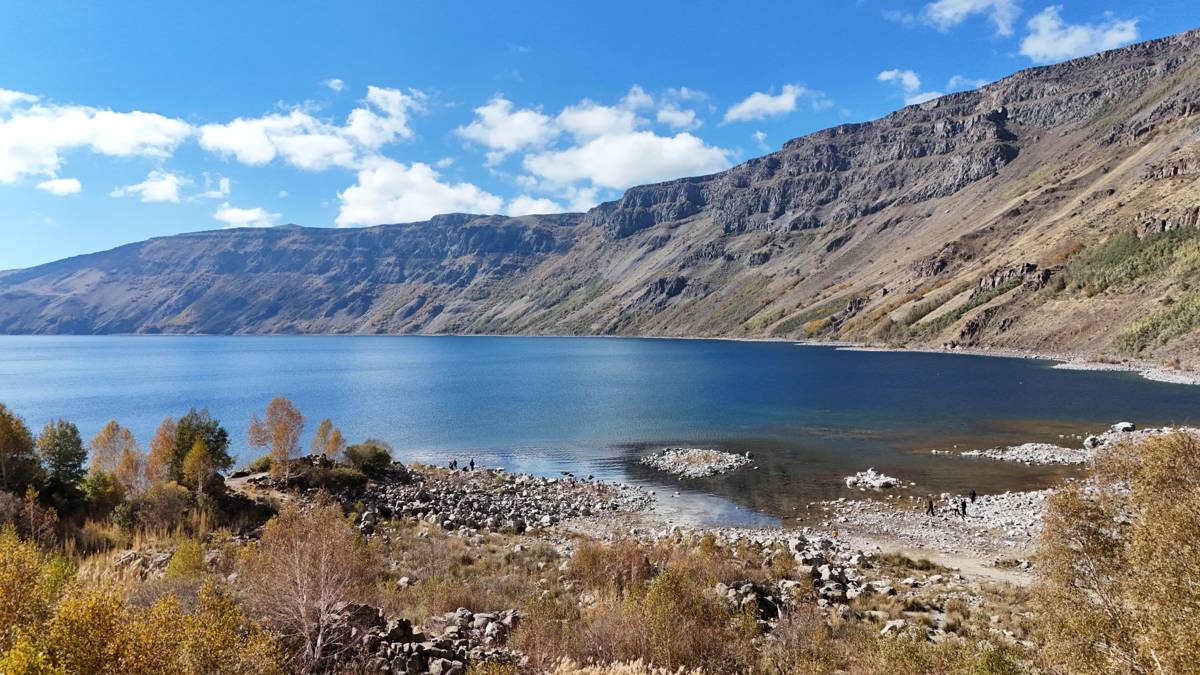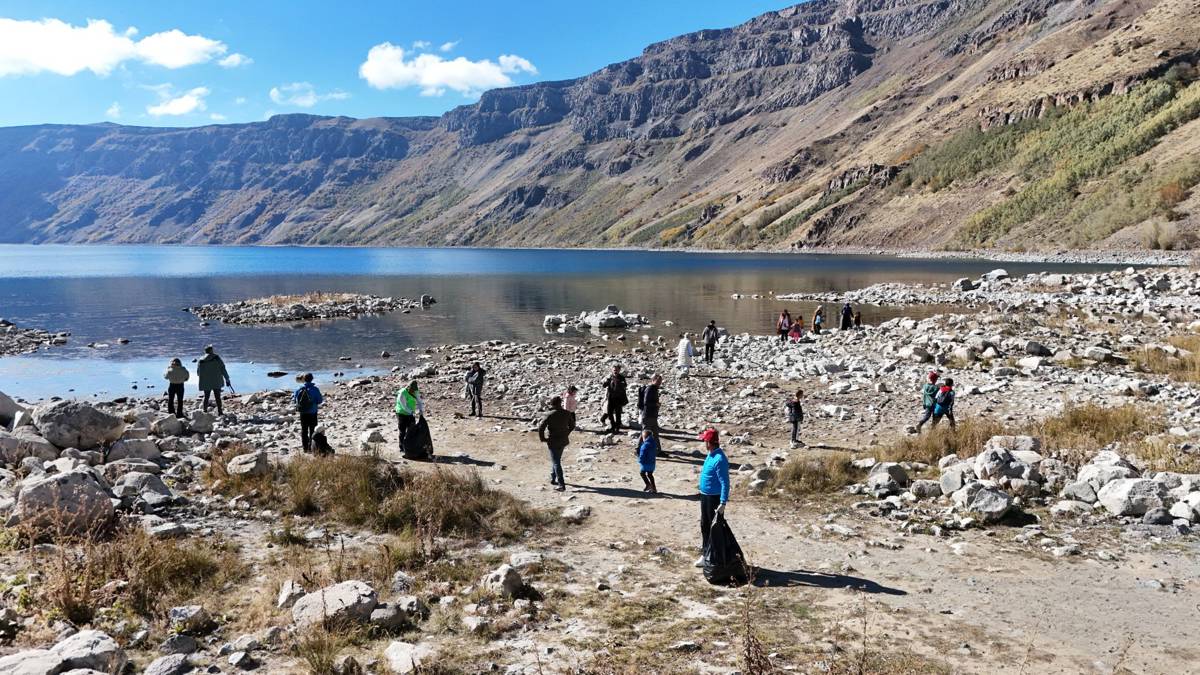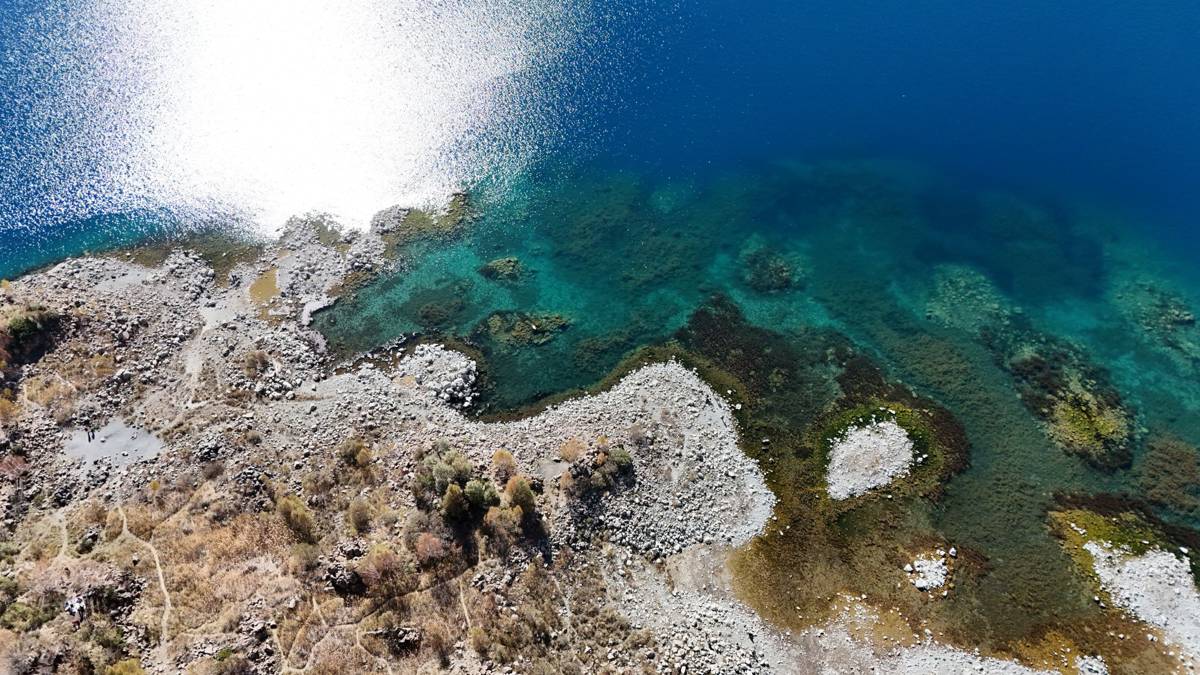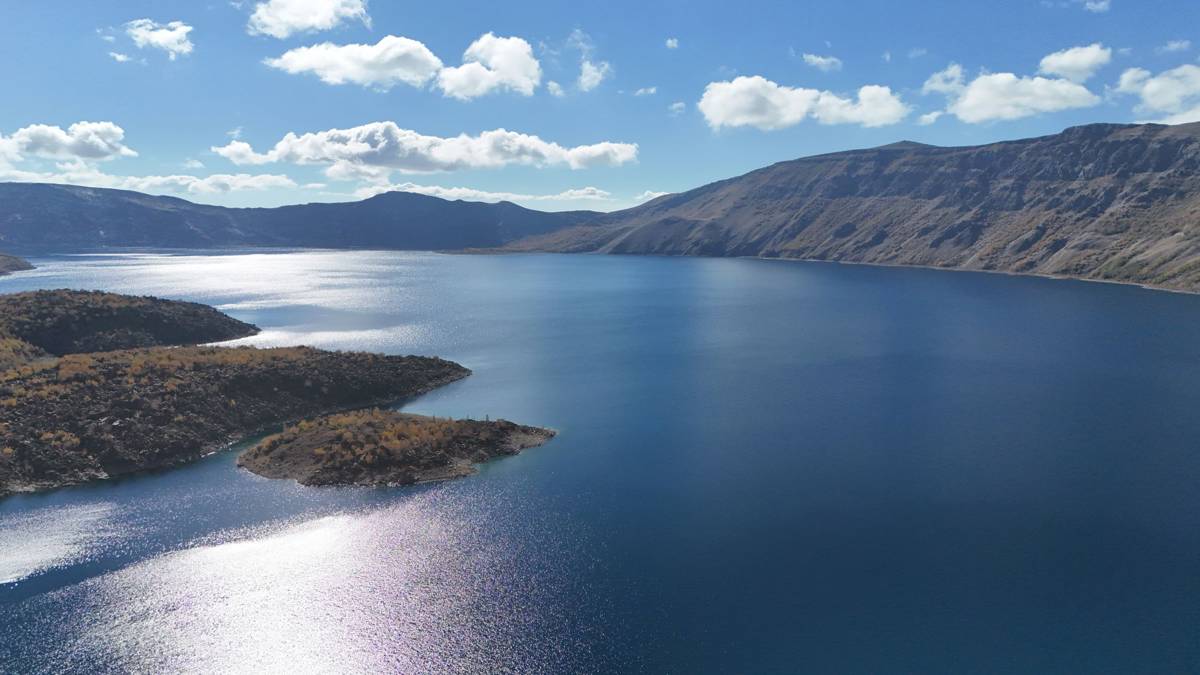Turkey's Nemrut Caldera closed to visitors as bears fed by humans 'losing instincts'

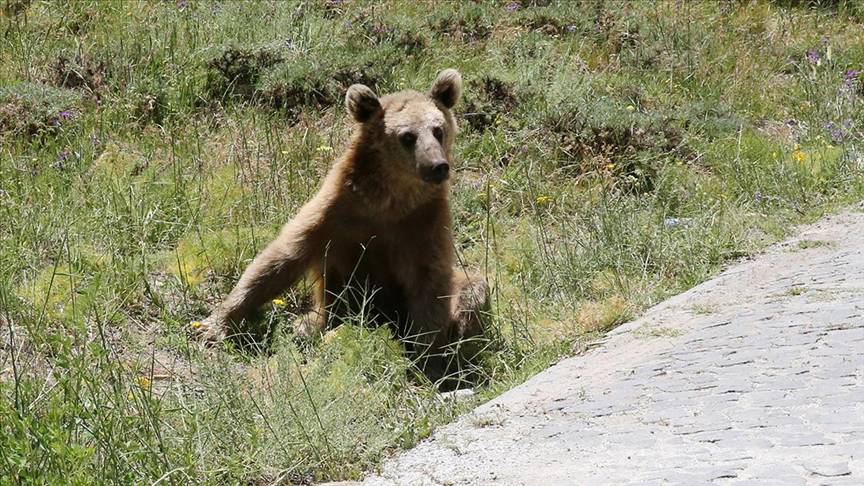
Authorities have closed the Nemrut Caldera in Bitlis, eastern Turkey, to visitors for the winter season due to safety risks arising from visitors feeding wild bears.
The Bitlis Governor’s Office announced that the measure, effective as of Oct 31, was put in place to protect both visitors and the local bear population.
The governor’s statement emphasized that Nemrut Caldera’s bears are wild animals and natural predators and that the practice of feeding them has disrupted their foraging habits.
“Bears have started relying on food provided by visitors to meet most of their dietary needs,” the statement said, adding that as visitor numbers decline with the season, the bears have struggled to find sufficient food. This scarcity has led to reports of bears becoming aggressive, posing a risk to both people and property.
The closure, officials say, aims to restore the bears’ natural feeding behaviors and prevent further harm. “To rehabilitate the feeding habits of the bears and prevent potential risks to life and property, Nemrut Caldera has been temporarily closed to visitors for the winter,” the statement concluded.
Feeding wild animals like bears can harm their natural behaviors and survival skills. When animals grow accustomed to food provided by humans, they often lose their instinct to forage independently, which can damage their health and the ecosystem.
Additionally, animals habituated to human presence may venture into campsites and tourist areas, increasing the risk of aggressive encounters with people and disrupting their natural behavior.
Nemrut Caldera, located on Mount Nemrut in eastern Turkey, is one of the largest calderas in the world. Formed by a volcanic eruption thousands of years ago, it spans over 48 square kilometers and includes several lakes, hot springs, and diverse wildlife. The caldera attracts nature enthusiasts and tourists year-round.




